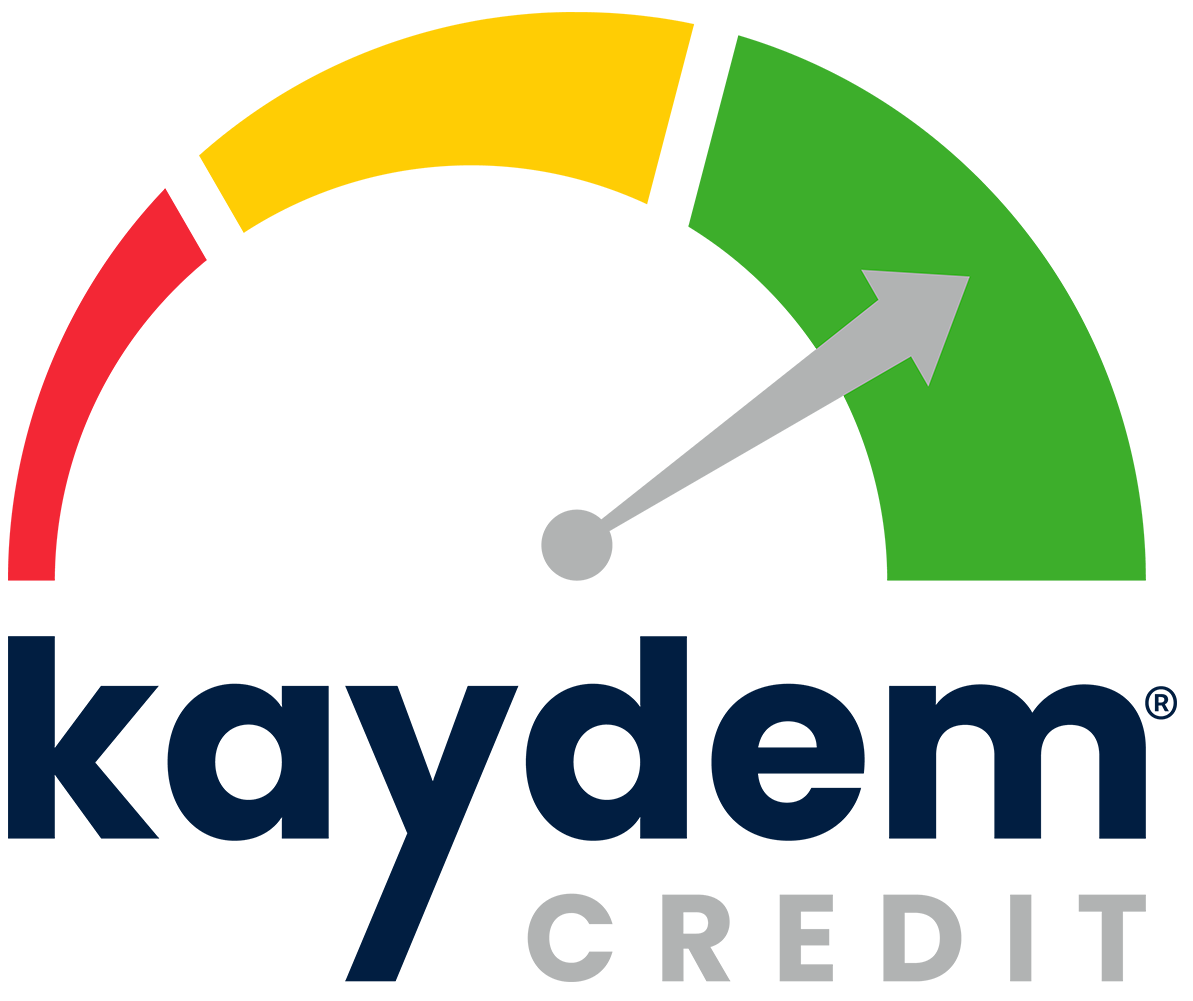Do you ever find yourself struggling to keep up with overwhelming debt payments? If so, you’re certainly not alone. The stress associated with debt can be overwhelming, and many feel trapped in a never-ending cycle of financial hardship. Fortunately, debt settlement is a commonly utilized method for resolving outstanding debts, but many wonder how debt settlement works.
While there are pros and cons before pursuing this option, understanding how debt settlement works and the potential outcomes may be the key to finding financial peace of mind.
How Debt Settlement Works
Debt settlement is a financial strategy involving negotiating with creditors to reduce the total debt owed significantly. A debt settlement company typically facilitates it and is an option usually considered by individuals grappling with a substantial amount of unsecured debt.
At its core, debt settlement is about reaching an agreement with creditors where they accept a reduced payment as “payment in full,” effectively eliminating the remaining debt. This approach is different from merely lowering interest rates or adjusting payment schedules; it aims to reduce the debt’s principal amount.
The process of debt settlement starts when a debtor, unable to keep up with their debt payments, engages the services of a debt settlement company. The company then communicates with the creditors on the debtor’s behalf.
During the negotiation process, the debtor generally stops making payments directly to the creditor. Instead, they begin depositing funds into a separate account for this purpose. These funds accumulate over time and are used to pay off the reduced debt amount once a settlement has been negotiated and agreed upon.
However, it’s crucial to note that not all creditors will agree to a debt settlement arrangement. Some may refuse to negotiate with debt settlement companies altogether. Therefore, understanding the ins and outs of the debt settlement process and the potential risks involved is vital before deciding to embark on this path toward debt relief.
Advantages of Debt Settlement
Reduced Debt Amount
One of the most significant advantages of debt settlement is the potential for a reduced debt amount. During negotiation, debt settlement companies aim to convince creditors to accept a lump-sum payment lower than the total outstanding debt. If successful, this can lead to substantial savings for the debtor, sometimes reducing the total debt by 50% or more.
Avoidance of Bankruptcy
Debt settlement can provide an alternative to bankruptcy, which can have long-lasting and severe effects on a person’s credit history. While debt settlement does impact your credit score, it’s typically less damaging than a bankruptcy filing. Moreover, bankruptcy can remain on your credit report for up to ten years, whereas settled debts are generally removed after seven years.
Relief from Debt Stress
Carrying a large amount of debt can be incredibly stressful. By working with a debt settlement company to negotiate your debts, you can often eliminate multiple debts at once, providing immediate mental and emotional relief. Knowing that there’s a plan in place to handle your debts can significantly reduce feelings of anxiety and stress associated with financial insecurity.
One Manageable Payment per Month
Instead of juggling multiple payments to different creditors each month, debt settlement consolidates your debts into one monthly payment. This payment goes into a dedicated account until enough money has been saved to settle a debt. This approach simplifies budget management, making it easier to keep track of your payments and progress toward becoming debt-free.
Disadvantages of Debt Settlement
Potential for Increased Debt Due to Fees and Interest
While debt settlement can reduce the principal amount owed, it often comes with fees and accruing interest during negotiation. Most debt settlement companies charge a percentage of the settled amount as their fee, increasing the overall cost. Additionally, while negotiations are ongoing, creditors may add interest and late fees to your account, potentially increasing your debt.
Negative Impact on Credit Score
Debt settlement can significantly impact your credit score. This is because the process involves stopping payments to creditors, resulting in missed payments being reported to credit bureaus. Additionally, settled debts are marked as “settled” rather than “paid in full” on your credit report, which can be viewed negatively by future lenders.
Risk of Dealing with Fraudulent Companies
Unfortunately, the debt settlement industry has its share of fraudulent companies. These companies may promise to reduce your debt significantly but fail to deliver, leaving you in a worse financial situation. Therefore, it’s crucial to thoroughly research any debt settlement company and check for certifications and reviews before engaging in their services.
Taxes on Forgiven Debt
One often overlooked disadvantage of debt settlement is the potential tax implications. The IRS considers forgiven debt as taxable income. If a significant portion of your debt is settled, you could end up with a sizable tax bill at the end of the year. It’s crucial to consult with a tax professional to understand how a debt settlement could affect your tax situation.
Alternatives to Debt Settlement
Credit Counseling
Credit counseling is a service many non-profit organizations offer to help individuals manage their debt and set up a realistic budget. Credit counselors can advise on managing your money and debts, help you develop a budget, and offer free educational materials and workshops. They can also help you set up a Debt Management Plan (DMP), where you deposit money each month with the credit counseling organization, which uses your deposits to pay your unsecured debts according to a payment schedule they’ve negotiated with your creditors.
Debt Consolidation
Debt consolidation involves a new loan to pay off several liabilities and consumer debts. This process leaves you with one single debt to pay off, usually with a lower interest rate than your previous debts, making it easier to manage your payments and save you money in the long term. However, it’s worth noting that this method requires a good credit score to get favorable loan terms.
Bankruptcy
Bankruptcy is often considered a last resort due to its severe impact on your credit score. However, in some cases, it might be the best option. There are two types of personal bankruptcy: Chapter 7 and Chapter 13. Chapter 7 bankruptcy erases most of your debts, but you may have to sell some of your property to pay back some debt. Chapter 13 bankruptcy, on the other hand, allows you to keep your property, but you must pay back all or a portion of your debts over three to five years. You should consult a bankruptcy attorney to understand the best option for your situation.
How to Decide if Debt Settlement is Right for You
Now that you understand how debt settlement works, deciding whether it’s the right choice for you involves carefully considering various factors. These include the total amount of your unsecured debts, your current financial situation, your ability to save for a lump sum payment, and your risk tolerance, particularly regarding your credit score. Understanding all the implications involved – positive and negative – is essential before making your choice.
Given the complexity of debt and the potential consequences of making the wrong decision, seeking professional financial advice is crucial before deciding on debt settlement. A financial advisor or credit counselor can guide you through the pros and cons of all your options, helping you make an informed choice that aligns with your financial goals.
Remember, debt settlement is just one of many tools available to help manage debt. In some cases, other options like credit counseling, debt consolidation, or bankruptcy might be more suitable. The key is to choose the path that best allows you to manage and ultimately eliminate your debt, enabling you to move towards a more secure financial future.








One Comment
Comments are closed.